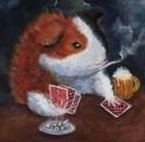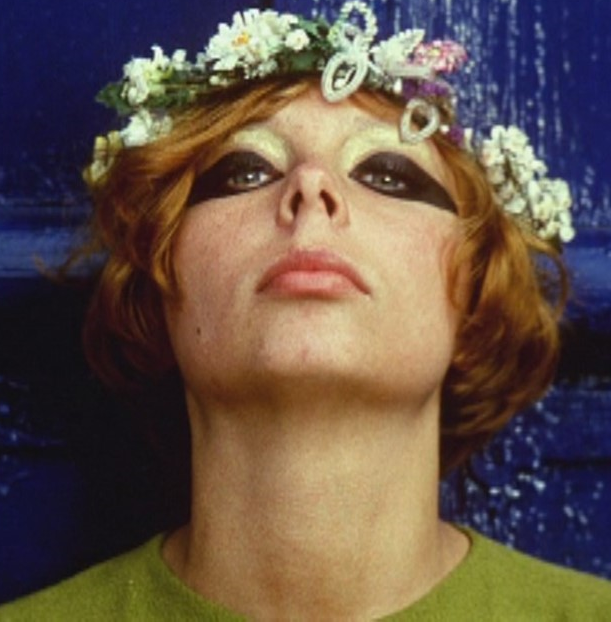https://malefashionadvice.substack.com/
If you have no idea how to dress and want a simple basic wardrobe guide / shopping list to get started, this post is for you.
Alternatively, for those of you who want to start traversing beyond the basics, I've included some baby steps that are perfectly safe to incorporate in almost any beginner's wardrobe, but offer a little bit more interest and creativity than the most basic of the basic.
Disclaimer: This guide is targeted toward more traditional clothing styles (essentially, a safe blend of workwear, Americana, and prep). It is not the only way to dress well! If these clothes simply don't appeal to you at all, that's totally okay
Tops
Plain crew-neck t-shirts in neutral colors - white and gray are most versatile, but other neutrals such as navy or beige, or simple patterns (e.g., stripes) can be nice.
Button-front shirts - oxford-cloth button-downs (OCBDs) in white and light blue, flannel/chamois shirts in plaids or solid neutrals
Baby steps: Try out graphic tees, OCBDs with university stripe patterns, chambray shirts, or a polo shirt (short sleeve or long sleeve). For cool weather, heavyweight shirts in twill, flannel, chamois, denim, or moleskin can keep you a bit warmer, while in warm weather, linen or seersucker shirts can keep you cool.
Avoid: Graphic tees with meme references, jokes, etc. These are inherently unfashionable.
Bottoms
Straight fit jeans in dark indigo, black, and/or medium wash
Straight fit chinos in tan (khaki), caramel, and/or olive
If you want to wear shorts, 7-9" chino shorts in khaki, olive, or navy
Baby steps: Try corduroy pants, cargo pants, linen pants, fatigues, or double knee pants. If you're interested in tucking in a shirt and wearing a layer on top, try looking for pants with higher rises (~11"+). If you're in a "sky's out, thighs out" mood, try getting a pair or two of short shorts with a ~5" inseam.
Avoid: Chinos with a synthetic flatness and luster. Avoid black chinos, which can look a little formal.
Mid-layers
Crew-neck sweater in gray, oatmeal, navy, mustard yellow, or maroon. Keep an eye out for brushed Shetland wool sweaters for some added texture.
Crew-neck sweatshirt or hoodie in gray
Baby steps: Consider an overshirt, cardigan, fair isle sweater, turtleneck sweater, or a chunky cable knit/Aran sweater.
Avoid: Anything too tight and slim. Sweaters and mid-layers are meant to have a bit more space to allow for layering underneath.
Outerwear (as needed for your specific climate)
Light jackets such as a trucker jackets in indigo/black denim or tan/olive cotton, chore coats in olive/brown, or field jackets in olive/brown/gray.
Raincoat in olive, gray, or black, although vibrant colors can work too.
Warm jacket such as an overcoat or parka in dark neutrals (gray/brown for overcoats, olive/gray/black for parkas).
Baby steps: There is a whole wide world of jackets out there, both light and heavy, so look into several different varieties to figure out what you like.
Avoid: Trying to skimp out on jackets if you live in a cold/rainy climate. Being too cold or getting soaked is miserable!
Shoes
Canvas or leather sneakers
Casual brown leather derbies and/or loafers, blucher mocs, or boots
Baby steps: Try chunkier athletic sneakers or chunky leather shoes if they appeal to you.
Avoid: Brown minimal sneakers and these sorts of hybrid dress sneaker abominations. Avoid cheap (or faux) leather, which degrades fast and wears in poorly. Avoid wearing shoes two days in a row - they need to air out between wears. Instead, rotate your pairs and use shoe trees to improve longevity.
Casual tailoring (optional, if needed for a job/event or if you like to wear it)
Navy Blazer
Wool trousers in various shades and textures of gray and/or brown
Baby steps: Try a sport coat with some texture or pattern, such as a brown houndstooth or gray tweed herringbone. Try a pocket square in a puff foldto accessorize with your blazer or sport coat.
Avoid: Wearing blazers or sport coats without getting them tailored. Make sure they're long enough and that they fit properly (not too slim, not too loose). Read this.
Semi-formal tailoring (optional, if needed for a job/event or if you like to wear it)
Navy or charcoal suit, tailored
White poplin dress shirt
Oxford dress shoes in black or brown
A belt that matches your shoes
Simple dark tie (e.g., burgundy grenadine)
Baby steps: Unfortunately, there's not much room to experiment with semi-formal or formal clothing. Your best bet is to stick to the basics unless you really know what you're doing.
Avoid: Black suits, unless you're specifically dressing for a funeral. In general, it's recommended to avoid wearing vests. Don't wear your oxford shoes with less formal outfits. Avoid dress shirts in black or saturated colors. It's generally best to avoid wearing a tie without a jacket or top layer. Avoid skinny ties - stick to ~2.75-3.5" (or 7-9 cm) width. For beginners, avoid bow ties unless 1) it's a black bow tie with a tuxedo (at a black tie event), or 2) you're dressing for prom (go crazy!) Finally, while monkstrap shoes had their moment, that moment has since passed.



My general look is a worn light jacket (dark grey), some random brand (scored from vendors for free at work)/band/political T-shirt or one of a select few favorites that I either scored at a thrift shop or had gifted to me or specially made from my anarchist screen printing friend, black work pants and black tims.
Another bit of advice is don't tuck your shirt in unless it's a button down. Shirts with brands, bands, or other logos on them look goofy when tucked in.
i like a good tee tuck, but agree, would do with blanks.